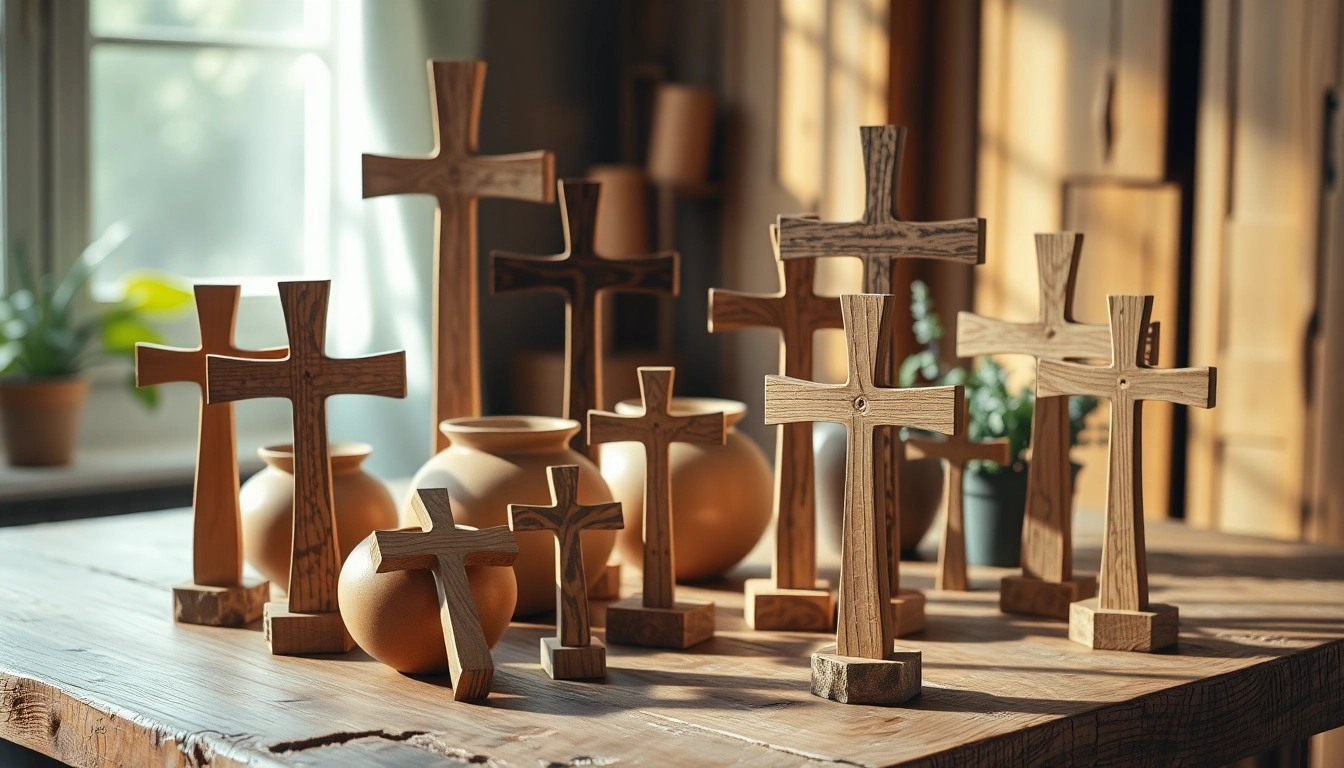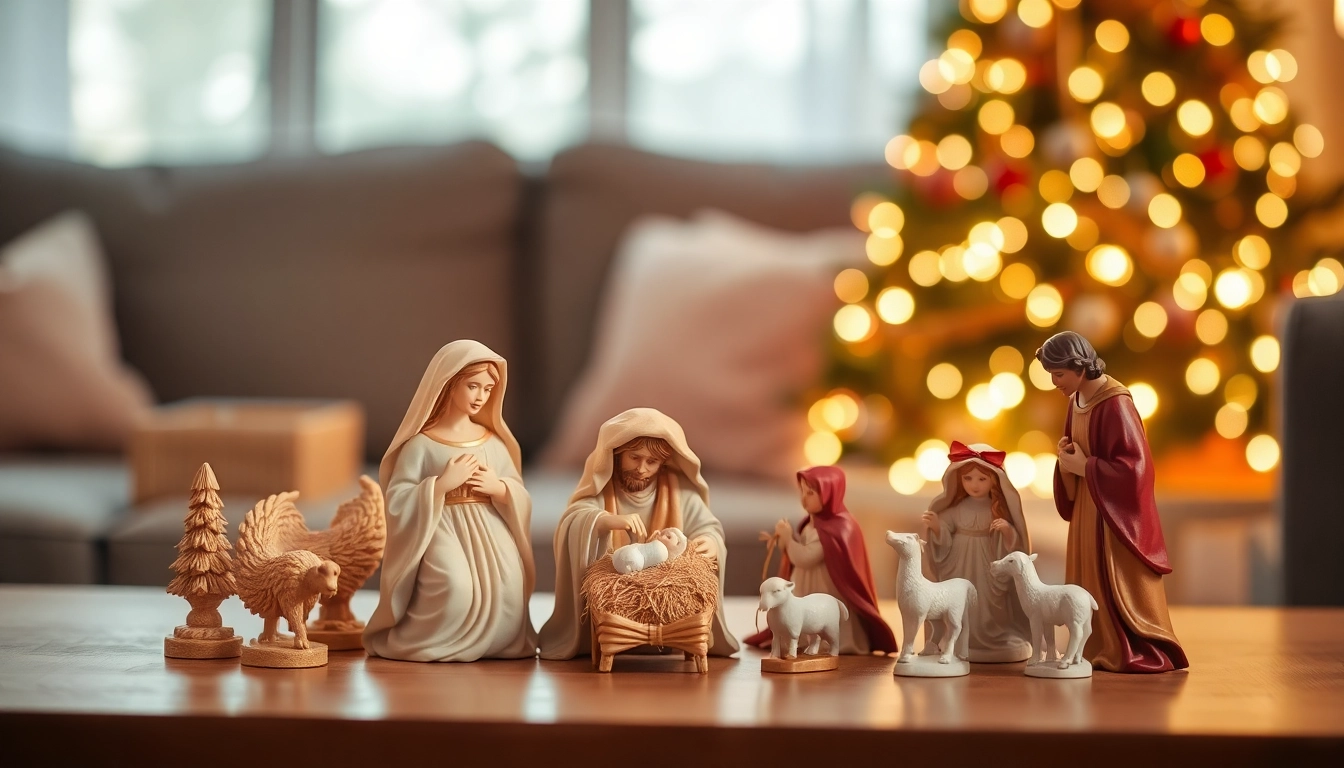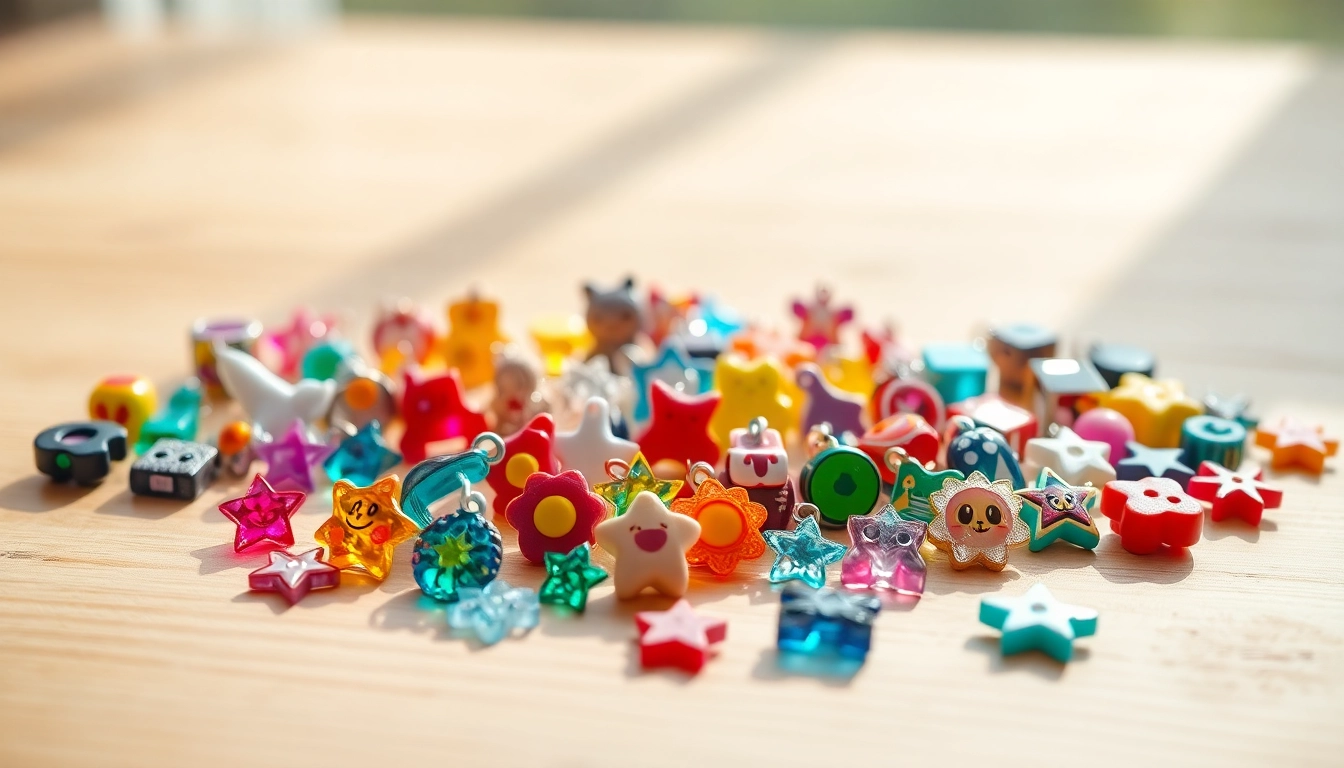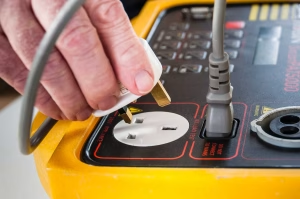Handmade Crosses: Timeless Craftsmanship and Meaningful Decor
Understanding Handmade Crosses
Handmade crosses are more than mere decorative items; they embody a rich history and cultural significance that transcends time and geography. Crafted with care, these pieces often reflect the beliefs and sentiments of their creators, making them unique expressions of faith. Whether made from olive wood, metal, or a variety of other natural materials, Handmade crosses serve as powerful symbols of spirituality and devotion.
History and Significance of Handmade Crosses
The cross has long been a central symbol in Christianity, representing the sacrifice of Jesus Christ. Its origins can be traced back to ancient times, where it was used not only as a tool of execution but also as a symbol of faith and redemption. Over centuries, the craftsmanship of crosses evolved, leading to the rich tradition of creating handmade crosses, particularly in regions like the Holy Land where artisans have honed their skills for generations.
In many cultures, handmade crosses are not only religious artifacts but also cherished heirlooms passed down through families. They are often used in ceremonies, weddings, and memorials, symbolizing hope, love, and remembrance. Each handmade cross carries a narrative, providing a tangible connection between the wearer or owner and their faith.
Materials Used in Crafting Handmade Crosses
Artisans create handmade crosses from a variety of materials, each chosen for its symbolism, durability, and aesthetic appeal. Common materials include:
- Wood: Olive wood is particularly favored for its historical and religious significance, especially in the Holy Land, where it has been used for centuries. Other hardwoods, such as oak and mahogany, are also popular for their beauty and strength.
- Stone: Many cultures utilize stone, such as marble or granite, to create crosses that are both durable and visually striking. Hand-carving these materials requires a high level of skill and artistry.
- Metal: Crosses made from brass, copper, or silver can provide a modern and stylized version of traditional designs. The use of precious metals often adds a level of refinement and elegance.
- Ceramics and Glass: These materials are often used for decorative crosses and may feature intricate designs and vibrant colors, appealing to those seeking unique aesthetics.
Styles and Designs of Handmade Crosses
Handmade crosses come in an array of styles and designs, each reflecting cultural backgrounds, traditions, and artistic influences. Some popular styles include:
- Traditional Crosses: Often simple in design, traditional crosses focus on the essential form, making them suitable for any worship space or home.
- Crucifixes: Distinct from standard crosses, crucifixes depict Jesus Christ on the cross and are significant in Catholic traditions.
- Abstract Designs: Some artisans create abstract interpretations of the cross, incorporating modern aesthetics that appeal to contemporary tastes.
- Decorative Crosses: These often feature embellishments such as carvings, inlays, and paint, making them standout decorative pieces that attract attention.
Choosing the Right Handmade Cross
Factors to Consider When Selecting Handmade Crosses
Choosing the right handmade cross involves careful consideration of various factors to ensure it resonates with personal beliefs and aesthetic preferences. Key considerations include:
- Material: The choice of material can influence both the appearance and emotional significance of the cross. Consider whether you prefer the warmth of wood, the solidity of stone, or the shine of metal.
- Size and Scale: Depending on where the cross will be displayed, consider the size that best suits the space. A larger cross may serve as a centerpiece, while smaller pieces might complement existing decor.
- Design Style: Reflect on whether you are drawn to traditional designs, modern interpretations, or highly artistic pieces that showcase craftsmanship.
- Intended Use: Determine if the cross is a personal symbol of faith, a decorative item for your home, or a gift for someone special, as this can influence your selection process.
Personalizing Your Handmade Cross
Personalization can elevate the emotional value of a handmade cross, making it a truly meaningful artifact. Options for personalization include:
- Custom Engravings: Engraving names, dates, or meaningful verses can create a lasting tribute that resonates with the recipient.
- Selecting Specific Materials: Some artisans may allow you to choose specific woods or metals that have personal significance.
- Color and Finish: Customizing the color or finish can help the cross fit seamlessly into your home decor or match the recipient’s preferences.
Common Uses for Handmade Crosses
Handmade crosses serve numerous purposes, making them versatile items cherished by many. Common uses include:
- Home Decor: Crosses can add a spiritual element to home decor, serving as beautiful pieces that inspire reflection and peace.
- Gifts for Special Occasions: Handmade crosses make thoughtful gifts for baptisms, weddings, confirmations, and memorials, symbolizing love and faith.
- Worship and Religious Practice: Many individuals display crosses prominently in their homes or churches as a focal point for prayer and meditation.
- Collectibles: Enthusiasts may collect handmade crosses due to their artistic value, historical significance, or unique designs.
Where to Purchase Handmade Crosses
Online Marketplaces for Handmade Crosses
The internet has made it easier than ever to acquire handmade crosses from various artisans and creators. A multitude of platforms showcases a diverse selection of styles, materials, and designs. Online marketplaces can connect you to artisans around the globe, allowing you to find pieces that resonate with your beliefs and tastes.
Local Artisans and Craft Shows
Exploring local craft shows or artisan fairs can provide opportunities to discover handmade crosses while supporting local artists. Engaging directly with the creator often allows for a deeper understanding of the craft and the ability to choose a piece that reflects your personal values. Connecting with local artisans also enhances the communal aspect of ownership, as you become part of the story behind the cross.
Supporting Sustainable Practices in Handmade Crosses
Choosing to purchase handmade crosses often aligns with sustainable practices, especially when sourced from responsible artisans. Many creators emphasize eco-friendly materials and methods, resulting in products that are not only beautiful but also environmentally conscious. Supporting these practices promotes ethical sourcing and ensures that artisans can continue their craft without depleting natural resources.
Decorating with Handmade Crosses
Incorporating Handmade Crosses into Home Decor
Handmade crosses can serve as exquisite decor elements within a home. Whether displayed on a wall, a shelf, or as part of a larger arrangement, these pieces can enhance the ambiance of any room. Creative strategies for incorporating handmade crosses include:
- Wall Displays: Arrange a collection of crosses in varying sizes for a striking visual impact. This approach can transform a plain wall into a gallery of faith and artistry.
- Tabletop Arrangements: Use handmade crosses as focal points on side tables, mantels, or dining spaces, providing a consistent theme throughout your home.
- Outdoor Spaces: Many handmade crosses, especially those made from resilient materials, can be placed in gardens or yards, blending spirituality with nature.
Creating a Spiritual Corner with Handmade Crosses
Designating a spiritual corner within your home can create a peaceful retreat for reflection and meditation. Incorporating handmade crosses into this space adds a significant spiritual element. Consider complementary items such as candles, meaningful texts, or symbols from various faith traditions to enrich the area. The combination of these elements encourages a serene atmosphere conducive to contemplation, prayer, or affirmation of beliefs.
Gift Ideas Featuring Handmade Crosses
Handmade crosses offer heartfelt gifting possibilities for various occasions. Ideas for gifting include:
- Baptism and Confirmation Gifts: A personalized handmade cross can serve as a cherished memento commemorating a significant religious milestone.
- Weddings: Handmade crosses can symbolize the union of two individuals, making for thoughtful wedding gifts that the couple can display in their new home.
- Memorial Gifts: A handmade cross can provide solace to families during times of loss and serve as a lasting tribute to the deceased.
Caring for Your Handmade Cross
Maintaining the Quality of Handmade Crosses
To ensure the longevity of your handmade cross, proper care is essential. Maintenance tips include:
- Regular Cleaning: Gently dust the cross with a soft, dry cloth to prevent dust buildup. For wooden crosses, occasional polishing with a suitable wax can enhance shine.
- Organized Placement: Ensure that crosses are displayed in a stable environment where they are less likely to be knocked over or damaged.
- Avoiding Harsh Chemicals: When cleaning, avoid using harsh chemicals or solvents that could damage the material.
Restoring and Preserving Handmade Crosses
Over time, some handmade crosses may require restoration, particularly those made from natural materials that can show wear. Professional restoration services can help with:
- Repairing Cracks or Splits: Experts can repair damage in wood or stone that may occur due to age or environmental factors.
- Repainting or Refinishing: For crosses that display paint or finish, a makeover can bring back their original vibrancy.
- Reinforcing Structures: Crosses that hang or are showcased in dynamic installations can benefit from added structural support.
Storing Handmade Crosses Safely
When not in use or during travel, safely storing your handmade cross can prevent damage. Consider these storage tips:
- Use Protective Wrapping: Wrap crosses in soft fabric or bubble wrap to cushion them from shocks.
- Avoid Moisture: Store crosses in dry areas to prevent mold or rot, particularly for wooden pieces.
- Organized Containers: Utilize boxes that are designated for your prized possessions, ensuring that each cross has its own space.











Post Comment